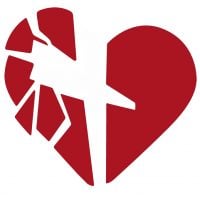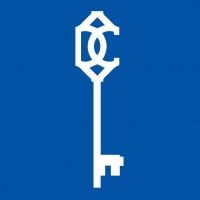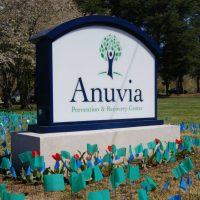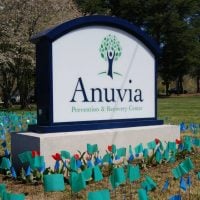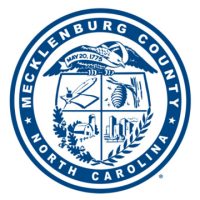
Mecklenburg County Community Support Services - Jail Central
Drug Rehab Center in Charlotte, North Carolina
- Substance Abuse
- Opioid Addiction
- Dual Diagnosis
- Drug Addiction
- Alcoholism
Mecklenburg County Community Support Services - Jail Central provides comprehensive treatment services and specialized care for alcohol addiction, opioid addiction, substance abuse, and dual diagnosis, using evidence-based approaches and personalized recovery plans with ongoing aftercare support.
About This North Carolina Facility
Mecklenburg County Community Support Services - Jail Central is an addiction treatment facility located in Charlotte, North Carolina. Founded in 1762, this facility is committed to helping individuals suffering from alcoholism, opioid addiction, substance abuse, dual diagnosis, and drug addiction. Mecklenburg County Community Support Services - Jail Central is accredited by CARF, which ensures that they meet high standards of quality and effectiveness in their services. With a strong affiliation with Mecklenburg County Community Support Services, this facility offers a range of treatment options to cater to the unique needs of each individual.
At Mecklenburg County Community Support Services - Jail Central, individuals can expect a comprehensive array of services to aid in their recovery journey. They provide aftercare support, drug rehab, dual-diagnosis treatment, and outpatient levels of care. These services aim to address and tackle not only the addiction itself but also any underlying mental health conditions that may contribute to substance abuse. Through personalized treatment plans, therapy sessions, and support groups, Mecklenburg County Community Support Services - Jail Central offers a holistic approach to recovery, focusing on long-term healing and relapse prevention.
Genders
Ages
Modality
Additional
Accreditations

CARF
The Commission on Accreditation of Rehabilitation Facilities (CARF) is a non-profit organization that specifically accredits rehab organizations. Founded in 1966, CARF's, mission is to help service providers like rehab facilities maintain high standards of care.
Conditions and Issues Treated
The inappropriate use of any drug in Charlotte, NC is substance abuse. This involves alcohol, medications, and illicit drugs. With a combination of physical and psychiatric therapies, drug addiction is successfully treated at Mecklenburg County Community Support Services - Jail Central. After Detox is complete, individuals follow-up with treatments treating the root cause of the addiction.
Opioid Addiction Treatment supports people recovering from addiction to prescription drugs as well as illegal opioids. This is a hospital-based or residential treatment. Depending upon one’s age, detox without the appropriate medication may be unpleasant or even dangerous–some get body aches, fever, chills, while others may even have seizures.
Opioid treatment involves medically assisted detox, physical and mental support. Most rehabilitations use an array of treatments to ensure overall wellbeing, such as Medication-assisted therapy (MAT) in which one gets behavioral therapy, medicines, and counseling. A client-centered approach can reduce one’s chances of relapse. Therapists at work with the client to figure out environmental and behavioral triggers, giving them the power to change the patterns.
Levels of Care Offered at Mecklenburg County Community Support Services - Jail Central
This center offers a variety of custom treatment tailored to individual recovery. Currently available are Aftercare Support, Drug Rehab, Dual-Diagnosis, Outpatient, with additional therapies available as listed below.
Outpatient rehabilitation is a treatment that exists if a patient is not checking into Mecklenburg County Community Support Services - Jail Central long term. In addition to helping them recover, the patient attends regular therapy sessions and detox and participates in other therapies. However, this is all primarily done from home. As a follow-up to inpatient treatment, outpatient treatment is usually recommended.
After rehabilitation, it helps people return to their everyday lives. It may also be an alternative to inpatient care in some situations. If they cannot leave their jobs, children, or don’t have the money for inpatient care, people can choose this method. Inpatient therapy, however, is the best method and most suggested level of treatment offered by Mecklenburg County Community Support Services - Jail Central in recovering from addiction.
Treatment for substance abuse does not cease after an individual successfully completes a detox or rehabilitation program. A vital follow-up treatment service is aftercare support provided to individuals at Mecklenburg County Community Support Services - Jail Central in North Carolina after they attain initial sobriety.
Aftercare support often takes the following forms: 12-Step Programs, Outpatient Treatment Programs, and Support Groups. The most effective aftercare programs are tailored to meet an individual’s specific needs and circumstances.
Therapies & Programs
Individual therapy involves one on one sessions between the patient and the therapist at Mecklenburg County Community Support Services - Jail Central. Individual therapy provides patients with a safe environment where they can openly discuss their problems with the therapist. The patients find the therapist as a person who they can trust. It helps them to open up and discuss personal and sensitive issues, which they may not be comfortable discussing in a group setting.
Individual therapy aims to identify the core issues that would have led the patient to substance abuse and address the root cause effectively. The therapist can develop patient-specific customized solutions through individual therapy, which aids speedier recovery.
Trauma is one of the most common causes of psychological disorders. It’s often found in people with addiction diagnoses. Trauma therapy addresses this by examining the emotions and thoughts people have formed due to past traumas. Traumas are complex but trauma therapy can reduce their ability to contribute to addictive behaviors.
Rehabilitation is not just limited to bringing an individual out of addiction and achieving sobriety. It is considered complete only when an individual starts leading a normal and balanced life. Life skill therapy focuses on the various skills that helps an individual to lead a normal life. Patients often do not take care of themselves, struggle professionally and withdraw from social interaction due to the physical and emotional disturbances caused by addiction.
Life skills therapy helps them to improve various personal, professional and social skills such as cooking healthy meals, maintaining proper hygiene, budgeting, decision making, time management, regulation of emotions and resolving the interpersonal conflicts effectively.
Payment Options Accepted
For specific insurance or payment methods please contact us.
Mecklenburg County Community Support Services Associated Centers
Discover treatment facilities under the same provider.
- Mecklenburg County Community Support Services - Center of Hope in Charlotte, NC
- Mecklenburg County Community Support Services - Jail North in Charlotte, NC
- Mecklenburg County Community Support Services - Men's Shelter in Charlotte, NC
Learn More About Mecklenburg County Community Support Services Centers
Additional Details
Specifics, location, and helpful extra information.
Charlotte, North Carolina 28202 Phone Number(980) 314-5442 Meta DetailsUpdated November 25, 2023
Staff Verified
Patient Reviews
There are no reviews yet. Be the first one to write one.

Location
801 E 4th St
Charlotte, NC 28202
(980) 314-5442
Accreditations

Mecklenburg County Community Support Services
Language
Quick Reference
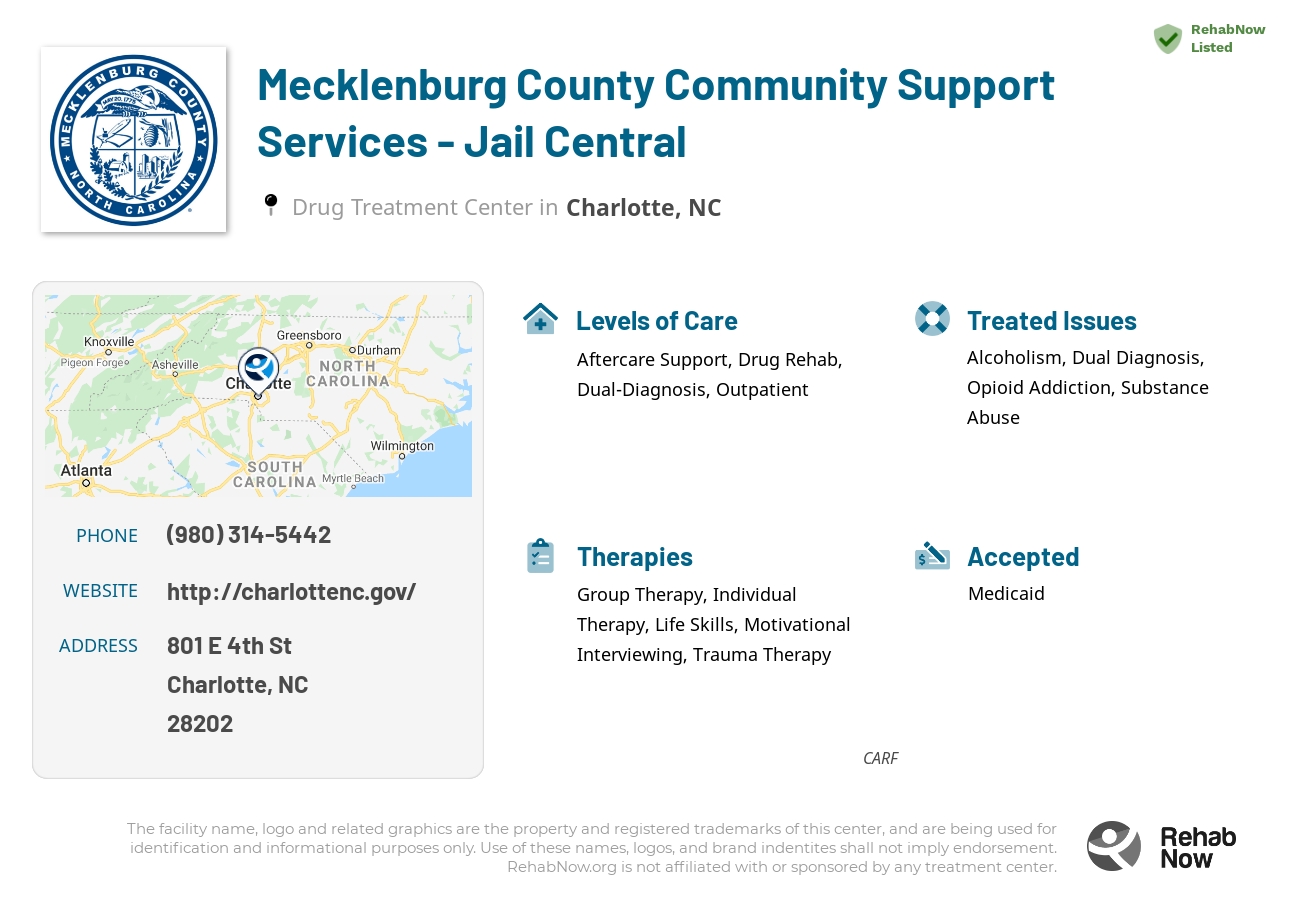
- About This North Carolina Facility
- Accreditations
- Conditions and Issues Treated
- Levels of Care Offered at Mecklenburg County Community Support Services - Jail Central
- Therapies & Programs
- Payment Options Accepted
- Mecklenburg County Community Support Services Associated Centers
- Additional Details
- Patient Reviews
Charlotte, North Carolina Addiction Information
North Carolina ranks 29th in the nation for overall substance abuse. Many of the drugs abused in the state are illicit, and many of these are opioids. Prescription opioids are readily available due to the high rates of medical workers prescribing them. The number of prescriptions has increased tenfold since the 1980's. Opioid overdoses are the most common type of death in North Carolina.
4.3% of Charlotte residents aged 12 and older reported using illicit drugs. There are over 60,000 people addicted to drugs in Charlotte, North Carolina. This harms the community and contributes to crime and other social problems. Medication-assisted treatment is often used in conjunction with other forms of treatment, such as therapy, and can be very successful in helping someone overcome addiction.
Treatment in Nearby Cities
- Lillington, NC (114.7 mi.)
- Clinton, NC (143.0 mi.)
- Pittsboro, NC (99.6 mi.)
- Hoffman, NC (74.0 mi.)
- Wake Forest, NC (141.0 mi.)
Centers near Mecklenburg County Community Support Services - Jail Central
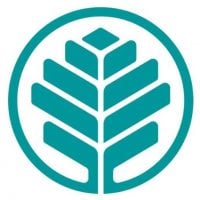


The facility name, logo and brand are the property and registered trademarks of Mecklenburg County Community Support Services - Jail Central, and are being used for identification and informational purposes only. Use of these names, logos and brands shall not imply endorsement. RehabNow.org is not affiliated with or sponsored by Mecklenburg County Community Support Services - Jail Central.
